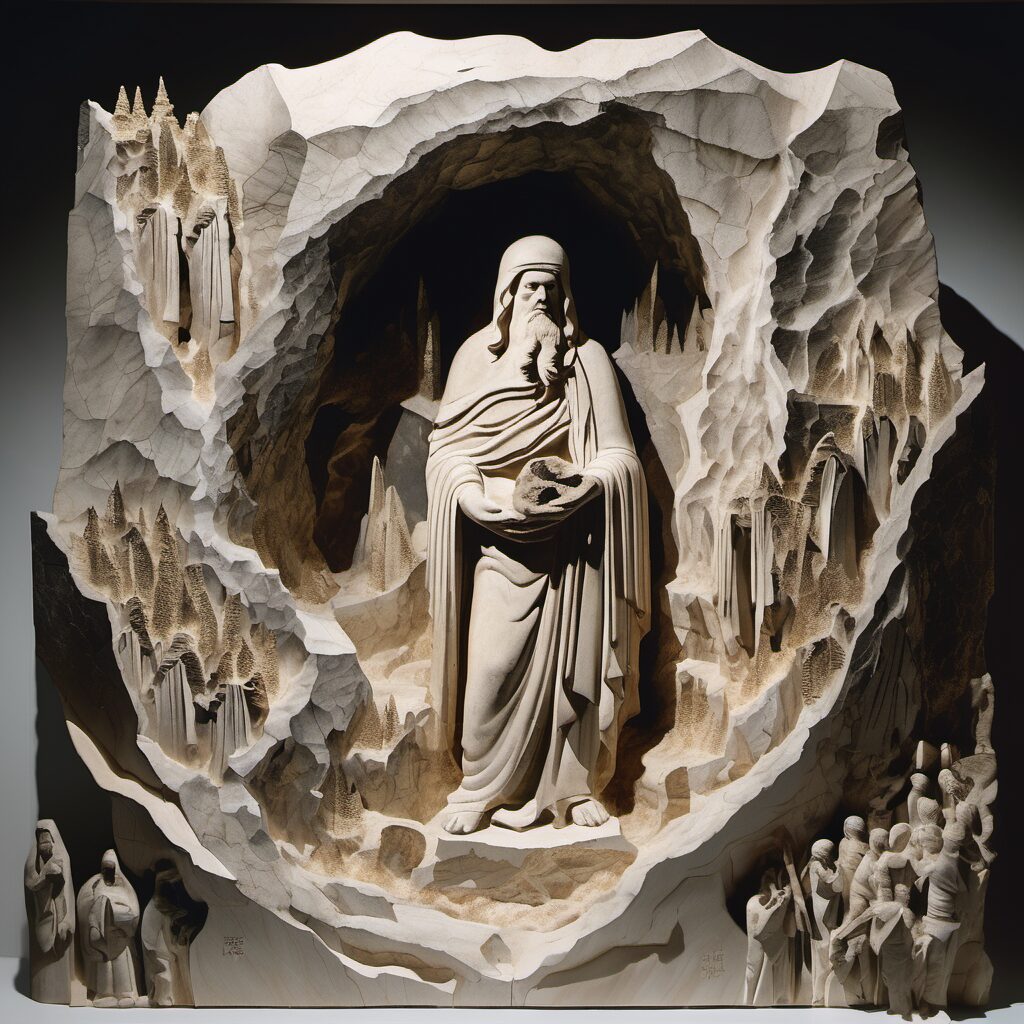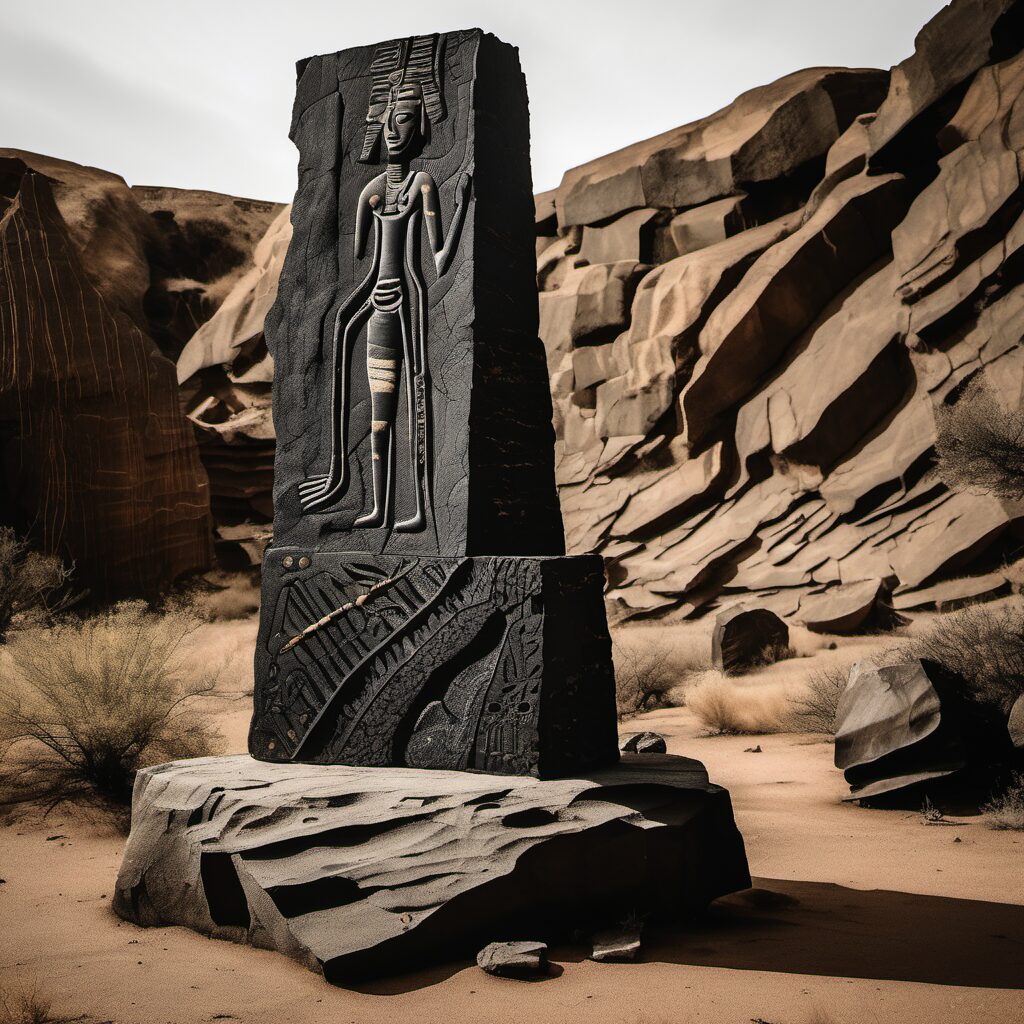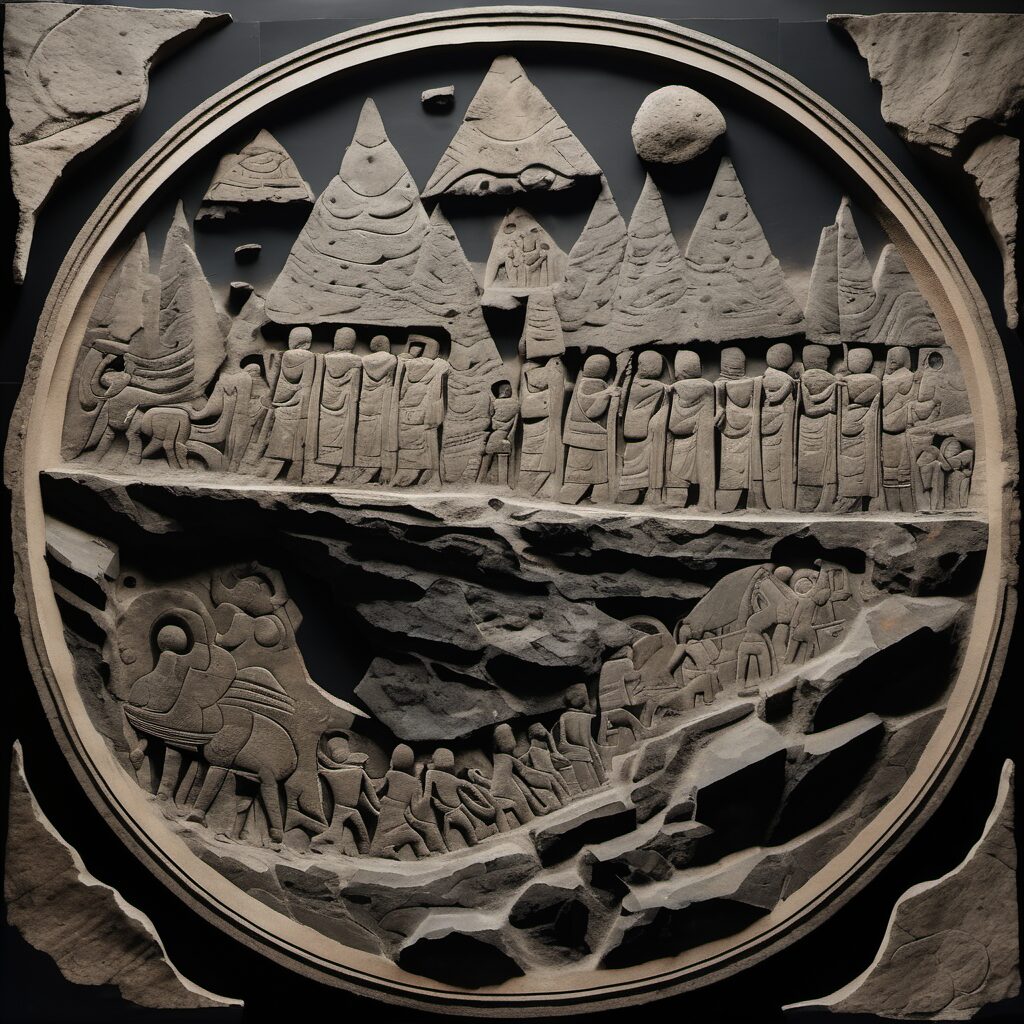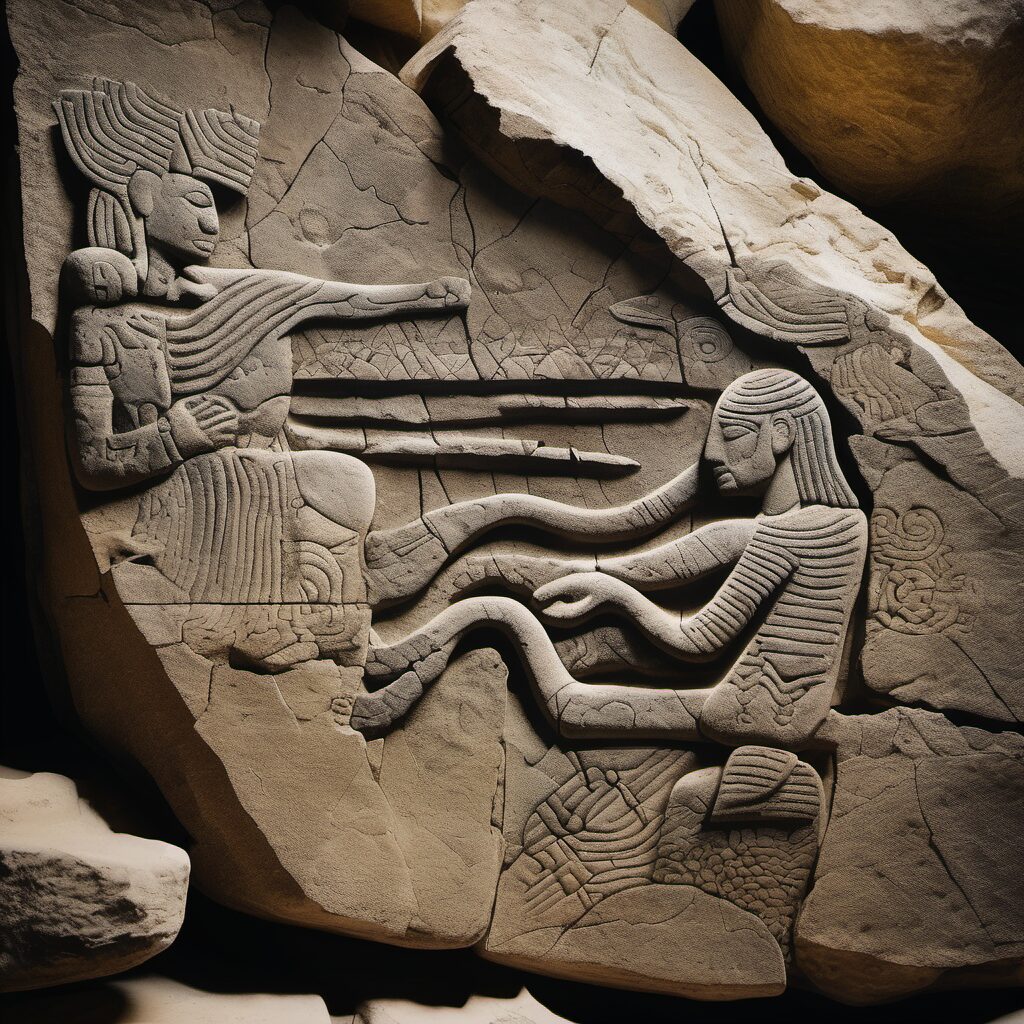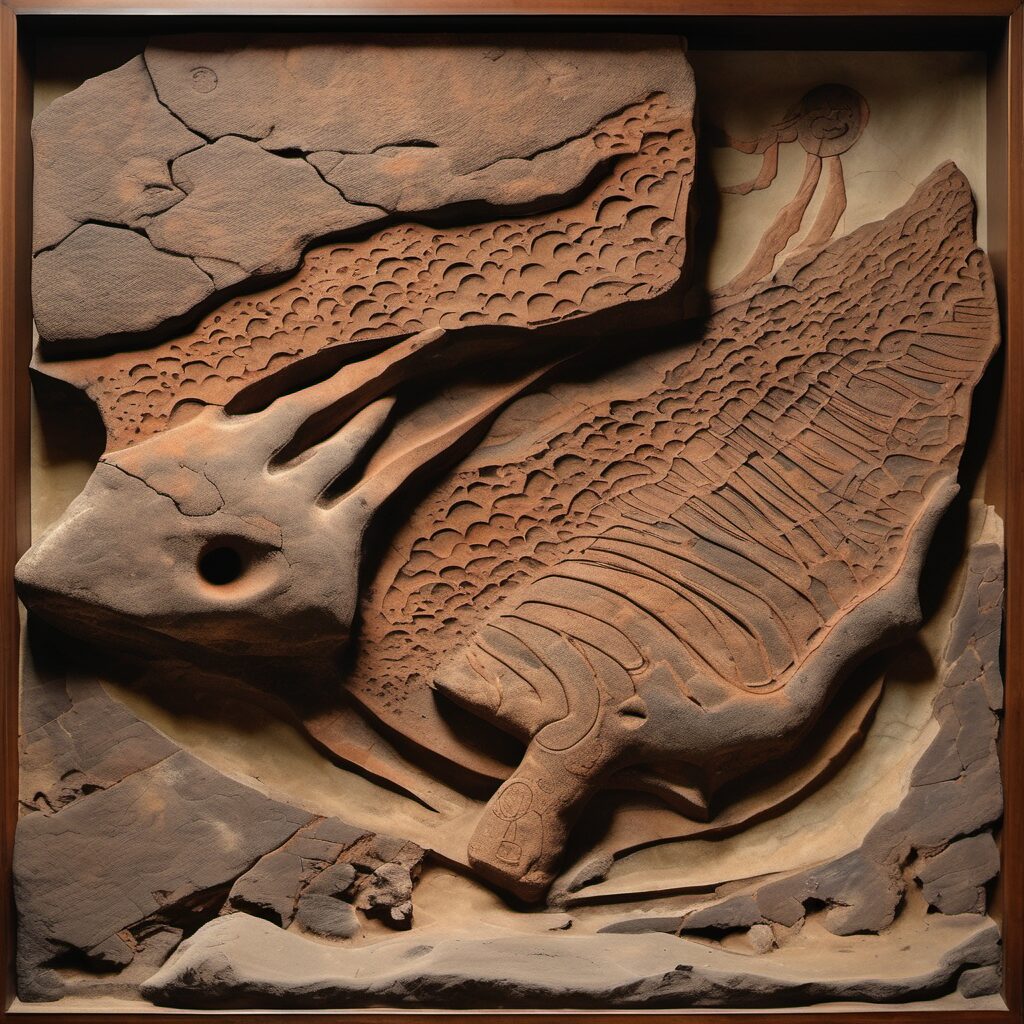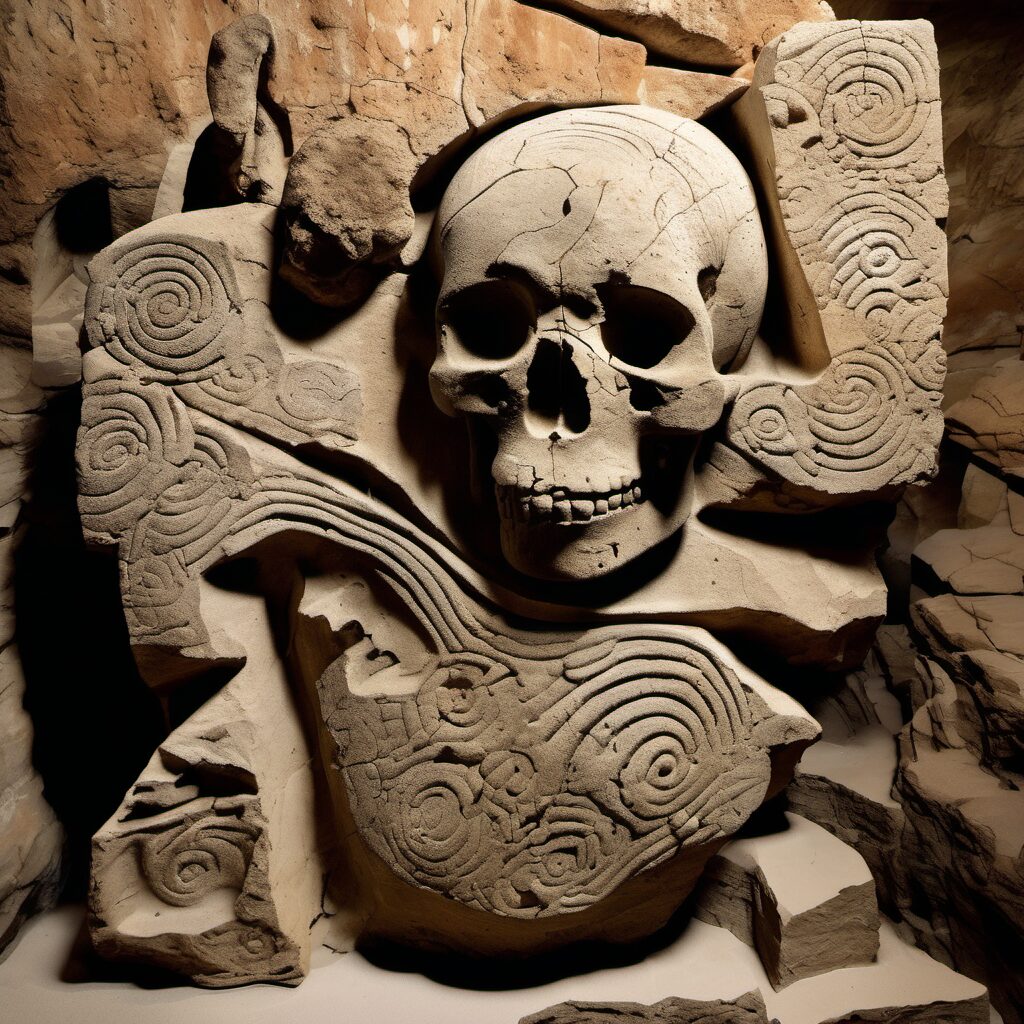Religious Freedom vs. State Control: The Digital Filtering of Faith
Religious Freedom vs. State Control: The Digital Filtering of Faith
“In the digital age, the boundary between the religious sphere and state control is becoming increasingly blurred.” – Amnesty International
As technology continues to evolve at a rapid pace, so too does the role it plays in shaping societal norms and values. One such area where this is particularly evident is in the realm of religion and religious freedom. A growing concern is the digital filtering of faith, which raises questions about the balance between individual religious expression and state control.
Digital Platforms as Religious Spaces
The Internet has become a central hub for various communities, including religious ones. Social media platforms like Facebook, Instagram, and Twitter provide spaces for worship, learning, and discussion. These digital environments allow individuals to engage with their faith in ways that were not previously possible, fostering a sense of community and shared identity.
-
Online Prayer Groups: Virtual prayer groups have become commonplace, enabling individuals to participate in religious practices regardless of geographical location or physical limitations.
-
Religious Education: Online resources and platforms offer access to religious texts, teachings, and classes that may not be readily available through traditional means.
-
Community Building: Social media allows for the creation of online communities where individuals can share experiences, offer support, and engage in discussions related to their faith.
The Risks of Digital Filtering
However, this increased reliance on digital platforms for religious expression also presents risks. As states seek to exert control over the Internet and its content, there is a growing trend towards digital filtering of faith-based content that is deemed controversial or politically sensitive.
-
Censorship: Governments may use digital filters to block access to certain religious content, silencing voices and limiting freedom of expression.
-
Surveillance: Religious groups and individuals may be targeted for surveillance, with their online activities monitored and potentially used against them.
-
Discrimination: Digital filtering can lead to discrimination against certain religious communities or beliefs, further marginalizing them and restricting their ability to practice their faith freely.
“The digital age offers unprecedented opportunities for the free expression of religious belief, but it also carries significant risks that must be addressed.” – United Nations Special Rapporteur on Freedom of Religion or Belief
Navigating the Balance
As the digital filtering of faith becomes an increasingly prominent issue, there is a need for governments, tech companies, and religious communities to work together to find solutions that balance individual religious freedom with state control. This may involve:
- Regulation: Governments should enact regulations that protect the digital rights of individuals while ensuring the responsible use of online platforms.
- Transparency: Tech companies must be transparent about their content moderation policies and practices, allowing for accountability and the prevention of bias or discrimination.
- Education: Religious communities should be educated about digital safety and the potential risks associated with online activities, enabling them to make informed decisions and protect their rights.
In conclusion, the digital filtering of faith presents a complex challenge for religious freedom. As we continue to navigate this evolving landscape, it is essential that we prioritize individual religious expression while ensuring responsible and accountable use of digital platforms.

